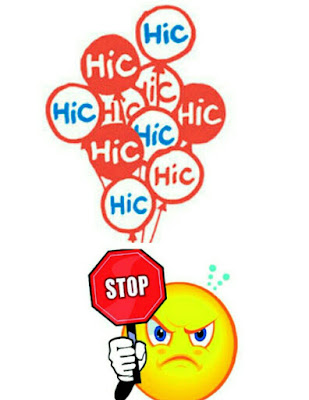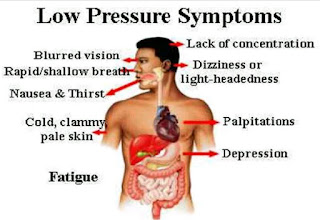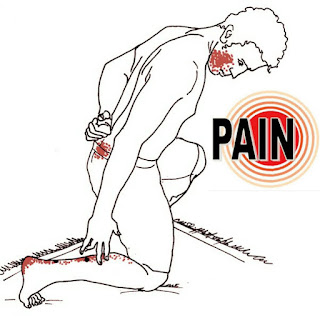Sweating also known as perspiration is the release of salty liquid from the body's sweat gland, it is the body's natural way of regulating temperature, it is commonly found under the arms, on the feet, on the palm of the hands and on the face. An individual is born with about two to four million sweat glands, the glands starts to become fully active during puberty, Women have more sweat glands than men but men's sweat glands are more active. Sweating can be normal or abnormal.
Normal sweating
Normal sweating helps to keep the body's temperature normal in hot weather, during a high temperature (fever), or when exercising. Maximum sweat rate of an adult can be up to 2 to 4 liters, evaporation of sweat from the skin surface has a cooling effect due to evaporative cooling, hence, in hot weather, or when the individual muscles heat up due to exertion, more sweat is produced.
- Hot weather
- Exercise
- Dancing
- Situations that make you nervous, tenced, angry, emberrassed or afraid
- Drink plenty of water, expecially water containing electrolytes to replace lost fluid
- Lower room temperature a little bit to prevent more sweating
- Wash your face and body if the salt from sweat have dried on your skin
Excessive sweating (hyperhidrosis) means that you sweat much more than normal, even when you are not hot, angry, anxious, or exercising, it is a common problem expecially under the armpit, on the palm of the hands and soles. It can be distressing and embarassing, In some cases, it can have a serious impact on affected individual by making them avoid social contact with others, for example, a bad palm sweating makes you have a cold sweaty handshake, and sweat may drip from your hands to your paper work in the office and your computer, sweating can also make you develop frequent wet patch on your cloth under your arms, causing you great embarassment, in some cases the affected skin may become sore, irritated and prone to infection, there is risk of developing eczema on affected skin area, individual that sweat on the sole will always have a smelling feet expecially when on socks throughout the day and this can also cause great embarrassment because of the stinking odour that such individual carries, sweat on its own does not smell, but when the bacteria on the skin mix with sweat, it producers a horrible odour, however, the condition is usually treatable. Excessive sweating is harmless, but in some cases it may be a medical condition.
- Menopause
- Caffeine
- Cancer
- Fever
- Obesity
- Diabetes
- Infection
- Exercise
- Low blood sugar
- warm teperature
- Some medications
- Withdrawer from alcohol or narcotic painkillers
Symptoms that indicate problem
- Fever
- Rapid pounding heartbeat
- Shortness of breath
- Overactive thyroid
- Infection
- Lose weight from sweating
- Sweating followed by chest pain
Night sweat
Night sweat refers to excess sweating during the night, which may be as a result of severe hot flashes that can drench your night wears and bed spreads this condition is not related to an over heated environment, to know the cause, a detailed medical history and test is needed to decide if another medical condition is responsible for it.
Possible cause
- Menopause
- Infection
- Cancer
- Medications
- Low blood sugar
- Hormone disorder
- Neurological conditions
- Unknown cause
- Obesity
Treatments
- Herbs
- Zinc supplements
- Acupuncture therapy
- Drink plenty of water to replace lost fluid
Healthy tips
- Avoid coffee and other stimulants
- Avoid monosodium glutamate
- Change your socks everyday if you have excessive feet sweating
- Try using antiperspirant for armpit sweating
- Take your bath 2-3 times daily
- Change your clothes regularly especially your under wears











































